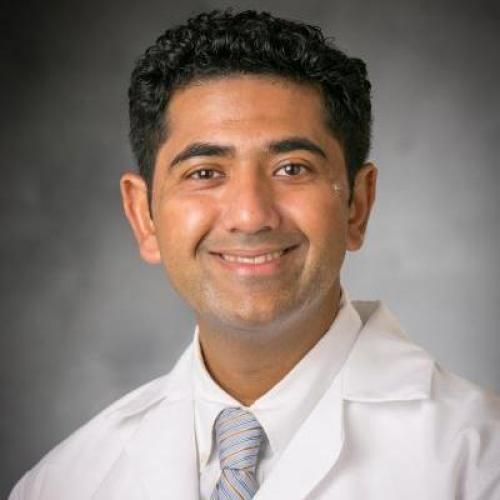Cardiac dysfunction following brain death after severe pediatric traumatic brain injury: A preliminary study of 32 children.
BACKGROUND: Cardiac dysfunction after brain death has been described in a variety of brain injury paradigms but is not well understood after severe pediatric traumatic brain injury (TBI). Cardiac dysfunction may have implications for organ donation in this patient population. MATERIALS AND METHODS: We conducted a retrospective cohort study of pediatric patients with severe TBI, both with and without a diagnosis of brain death, who underwent echocardiography during the first 2 weeks after TBI, between the period of 2003-2011. We examined cardiac dysfunction in patients with and without a diagnosis of brain death. RESULTS: In all, 32 (2.3%) of 1,413 severe pediatric TBI patients underwent echocardiogram evaluation. Most patients had head abbreviated injury score 5 (range 2-6) and subdural hematoma (34.4%). Ten patients with TBI had brain death compared with 22 severe TBI patients who did not have brain death. Four (40%) of 10 pediatric TBI patients with brain death had a low ejection fraction (EF) compared with 1 (4.5%) of 22 pediatric TBI patients without brain death who had low EF (OR = 14, P = 0.024). CONCLUSIONS: The incidence of cardiac dysfunction is higher among pediatric severe TBI patients with a diagnosis of brain death, as compared to patients without brain death. This finding may have implications for cardiac organ donation from this population and deserves further study.
Duke Scholars
Published In
DOI
ISSN
Publication Date
Volume
Issue
Start / End Page
Location
Related Subject Headings
- 4206 Public health
- 3202 Clinical sciences
Citation
Published In
DOI
ISSN
Publication Date
Volume
Issue
Start / End Page
Location
Related Subject Headings
- 4206 Public health
- 3202 Clinical sciences

